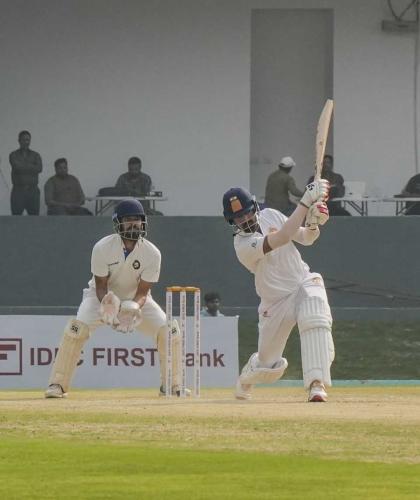Family Matters
Thomas Kulanjiyil, PsyD, PhD, is a founding member of PARIVAR International. He currently serves on the faculty of College of DuPage. He is co-editor of the book, “Caring for the South Asians-Counseling South Asians in the West.” Dr. Kulanjiyil can be reached at tk@parivarinterntional.org. For any personal or family issues contact Parivar Family Helpline:(877)-743-5711.
By Thomas Kulanjiyil
It has been said that adolescence is the most turbulent phrase in the human development as it marks the transition from childhood to young adulthood. It is a time of asserting greater autonomy and self-identity. The adolescent tests limits, comes in conflict with parents and with authoritative figures, and develops one’s own values and standards. The adolescent learns to behave in socially acceptable ways, but struggles to conform to conventional standards.
Characteristic to this phase of development is the adolescent idealism. The adolescent operates from the mind set of an idealistic society, with a set of values, norms, and expectations that the adolescent considers to be fair and good. The adolescent has formed ideas of what makes an ideal world, an ideal family, or an ideal friend. When some type of deviation is perceived from these standards, the adolescent is conflicted. For instance, when there is a perceived discrepancy between what is being said and what is being done by an adult, the adolescent views it as being hypocritical. The adolescent becomes too critical of this behavior. The reason for this kind of thinking is that the adolescent neither process information nor comprehend things the way an adult do. Cognitively, the adolescent is yet to develop the ability for adult realism, that is, the ability to figure out a comprehensive understanding of a problem or a situation. Parents must be aware of this when dealing with adolescents.
Argumentativeness is another trait of this age group. Adolescents have their opinion on almost every issue that affect their life, and do not want to be wrong. Part of this argumentative spirit is prompted by their intellectual curiosity. Rather than restraining their free thoughts and expressions, parents must listen to them and allow them to articulate themselves. Conversing with them on topics that interest them, parents can offer them constructive feedback. When offering perspectives and corrections to adolescents parents must bear in mind that adolescents are very self-consciousness and are sensitive to criticism. An attitude of respect must mark such conversations.
The struggles for independence at this stage can be a cause of tension between adolescents and parents. Parents must learn to gradually let children use their freedom of choice. Liberty in matters of day-to-day household tasks, school work, clothing, and leisure activities, can offer them a foundation to exercise greater autonomy and self-determination as they continue to grow and mature. Clearly laid out roles and expectations can help them perform responsibilities with a sense of satisfaction and accountability.
Adolescents value friendship more important than in any other things in life at this stage. Having a good of friends circle is healthy for the adolescent since it provides socialization opportunity. Parents must know who their children’s friends are, what their interests are, and who their parents are. It is good to meet with the close friends and families to become acquainted with each other.












